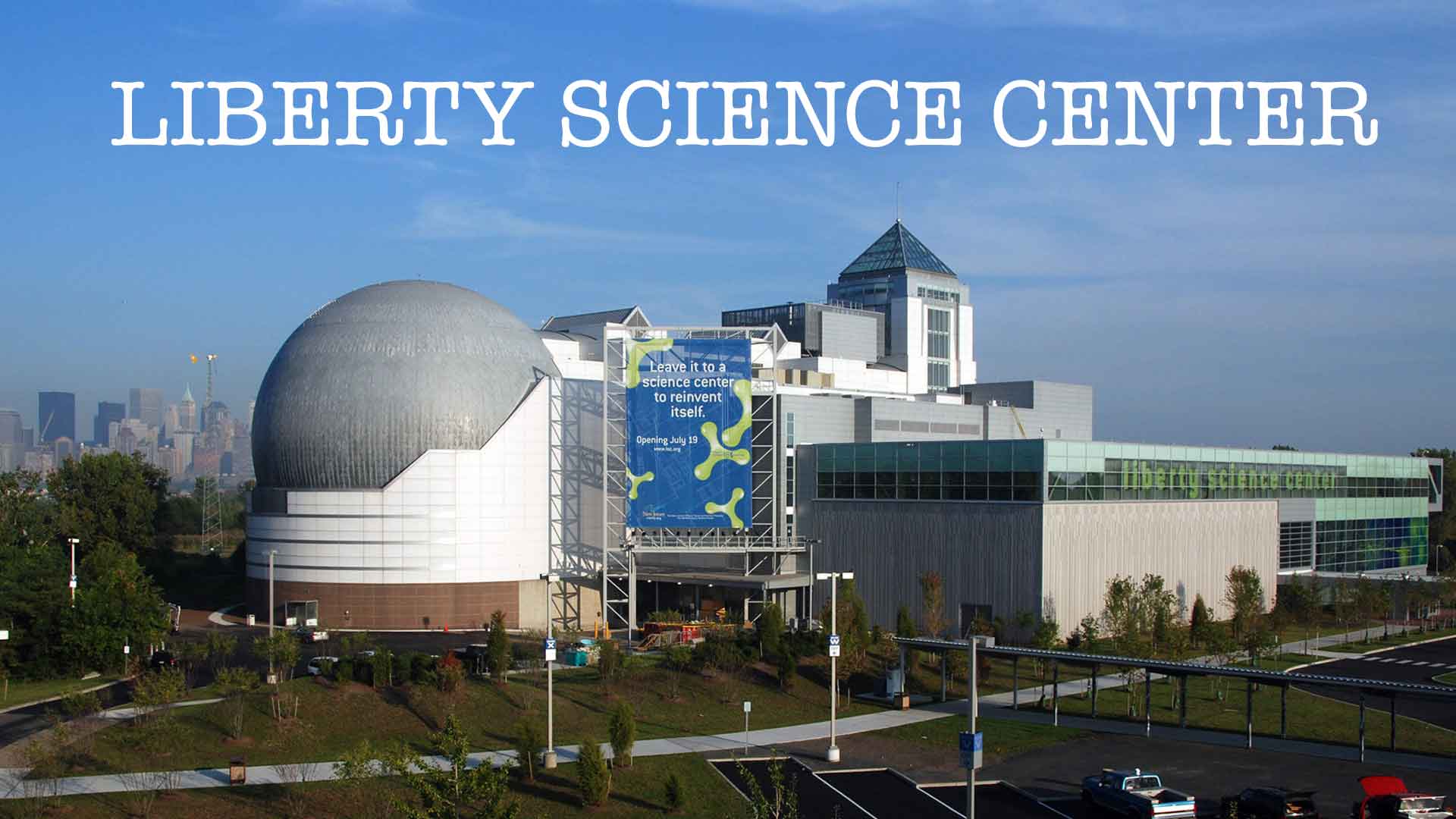Liberty Science Center Located in Jersey City, New Jersey, the Liberty Science Center is a world-class interactive science museum that offers visitors a unique and engaging way to learn about the latest advancements in science and technology. With more than 300,000 square feet of exhibition space, the center is home to hundreds of exhibits, interactive displays, live demonstrations, and programs that cater to visitors of all ages.
History and Background
The Liberty Science Center was founded in 1993 and was designed by the architectural firm Skidmore, Owings, and Merrill. The center was built with the intention of promoting scientific literacy and inspiring a passion for learning and discovery in people of all ages. Since then, the center has become a popular destination for families, students, and educators from all over the world.
Exhibits and Activities
The Liberty Science Center features a range of exhibits and activities that cover a broad range of scientific topics. Some of the most popular exhibits include the Touch Tunnel, an 80-foot-long, pitch-black tunnel that challenges visitors to find their way through by touch alone, the Infinity Climber, a suspended multi-story play structure that allows visitors to climb and explore a web of platforms, and the Skyscraper! the exhibit, which explores the engineering and design behind some of the world’s tallest buildings.
In addition to these permanent exhibits, the center also hosts a variety of temporary exhibits that highlight current scientific discoveries and trends. Past exhibits have included “Grossology: The (Impolite) Science of the Human Body,” which explored the science of bodily functions and hygiene, and “Dinosaurs: Land of Fire and Ice,” which featured life-size animatronic dinosaurs and explored the science behind their extinction.
The center also offers a range of interactive programs and activities for visitors of all ages. The Live From Surgery program allows visitors to watch a live surgery being performed and interact with the surgical team, while the Genius Gala celebrates scientific achievement and honors the work of prominent scientists and educators.
Education and Outreach
The Liberty Science Center is also committed to promoting scientific literacy and education in the community. The center offers a range of educational programs for students of all ages, including field trips, summer camps, and after-school programs. These programs are designed to inspire curiosity and promote critical thinking skills in students, and to help them develop a deeper understanding of scientific concepts.
The center also offers professional development opportunities for educators, including workshops and training sessions on science education and inquiry-based learning. These programs are designed to help educators develop the skills and knowledge they need to engage their students in scientific discovery and promote a love of learning.
Conclusion on Liberty Science Center
The Liberty Science Center is a unique and engaging museum that offers visitors an opportunity to explore the latest scientific discoveries and advancements in technology. With a wide range of exhibits, interactive programs, and educational opportunities, the center is a valuable resource for anyone interested in science and technology. Whether you’re a student, a family, or simply a curious learner, the Liberty Science Center is a must-visit destination for anyone interested in the wonders of science.
What age is good for Liberty Science Center?
The Liberty Science Center offers exhibits and activities that are suitable for visitors of all ages, from young children to adults. Families with children as young as preschoolers can enjoy many of the interactive exhibits and programs, such as the Touch Tunnel, the Infinity Climber, and the animal exhibits. There are also exhibits and programs specifically designed for school-age children, including hands-on science experiments and workshops.
However, some exhibits and programs at the Liberty Science Center may be more appropriate for older children and adults, particularly those that deal with complex scientific concepts or that require advanced reading skills. For example, the “Skyscraper!” exhibit explores the engineering and design behind some of the world’s tallest buildings and may be more suitable for older children and adults.
In summary, the Liberty Science Center is a great destination for visitors of all ages, but some exhibits and programs may be more suitable for specific age groups. Families with young children may find plenty of exhibits and activities to enjoy, while older children and adults may appreciate some of the more complex exhibits and programs.
How much does it cost to get into Liberty Science Center?
As of my knowledge cutoff in September 2021, the admission prices for the Liberty Science Center were as follows:
- General admission (ages 2-61): $25.99
- Senior admission (ages 62+): $22.99
- Children under 2: Free
The Liberty Science Center also offers discounts for groups, as well as special packages that include admission to the IMAX Theater or the planetarium.
It is important to note that admission prices may vary and it is always a good idea to check the center’s official website for up-to-date information on admission prices and any discounts or special offers that may be available.
How long can you stay at Liberty Science Center?
Visitors can stay at the Liberty Science Center for as long as they like during operating hours. However, the average visit to the center typically lasts between 3 to 4 hours, depending on the individual’s interests and the exhibits they choose to explore.
Since the center has more than 300,000 square feet of exhibition space and hundreds of exhibits and interactive displays, it may not be possible to see everything in one visit. Therefore, visitors may choose to plan a return trip or prioritize the exhibits they are most interested in seeing during their visit.
It is also important to note that the Liberty Science Center offers a variety of programs and events throughout the year, including lectures, workshops, and demonstrations, which may require additional time to fully participate in. Visitors can check the center’s website or inquire with staff to learn more about upcoming events and programming.
Which science city is best?
There are many science cities around the world that offer unique and engaging opportunities for visitors to learn about science and technology. It is difficult to say which science city is the “best,” as it largely depends on individual interests and preferences. Here are a few science cities that are worth considering:
- Boston, Massachusetts, USA: Home to many world-renowned universities and research institutions, Boston is a hub of scientific innovation and discovery. Visitors can explore institutions like the Massachusetts Institute of Technology (MIT) Museum, the Museum of Science, and the Harvard Museum of Natural History.
- Tokyo, Japan: Tokyo is a city at the forefront of technology and innovation, with a number of science museums and institutions to explore. The National Museum of Emerging Science and Innovation (Miraikan), the Tokyo National Museum, and the National Museum of Nature and Science are just a few of the institutions worth visiting.
- Berlin, Germany: Berlin is home to a number of science museums and institutions that explore everything from natural history to physics and astronomy. Some of the top science destinations in Berlin include the Museum für Naturkunde (Natural History Museum), the Deutsches Technikmuseum (German Museum of Technology), and the Berlin Science Week.
- Singapore: Singapore is known for its innovative and futuristic approach to science and technology. Visitors can explore institutions like the ArtScience Museum, the Science Centre Singapore, and the Singapore Discovery Centre.
- London, England: London is home to a number of world-class science museums and institutions, including the Science Museum, the Natural History Museum, and the Royal Observatory Greenwich.
Again, the “best” science city largely depends on individual interests and preferences. Each of these cities offers a unique and engaging experience for visitors interested in learning about science and technology.






